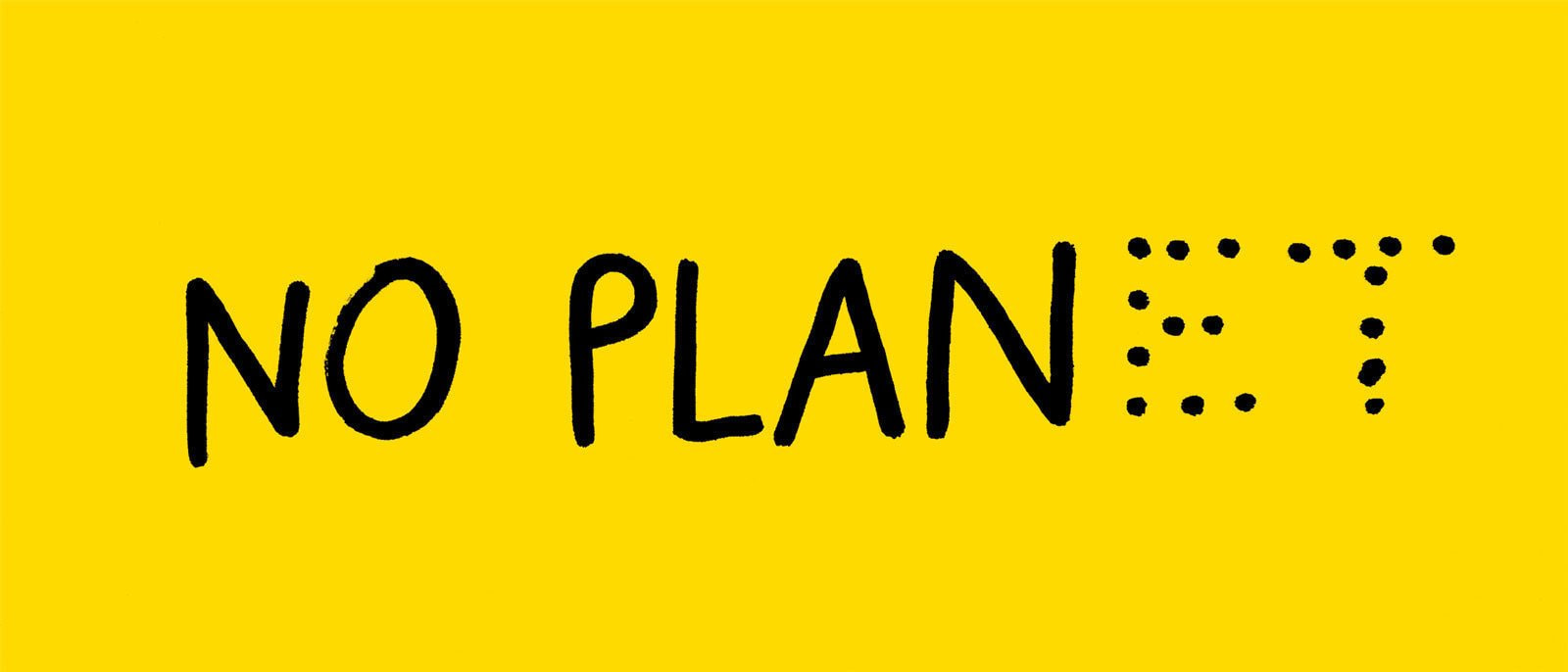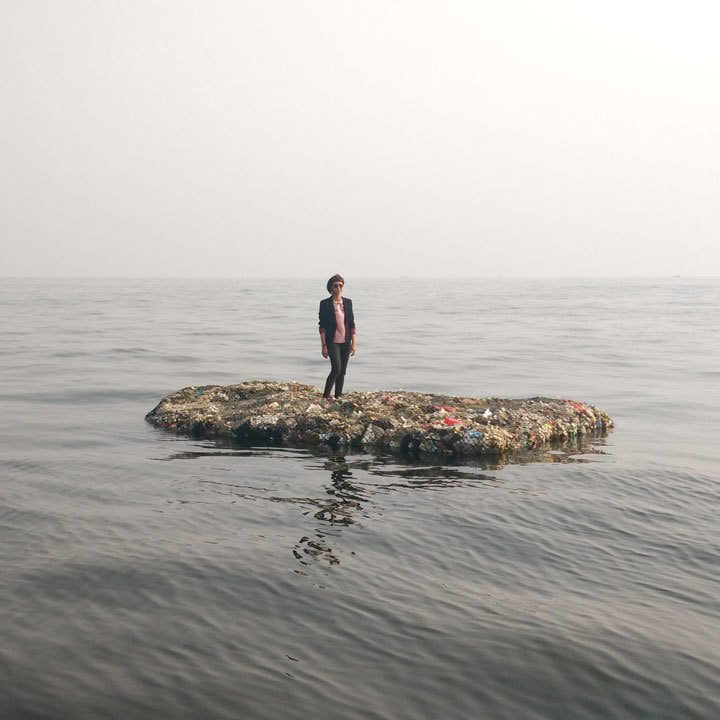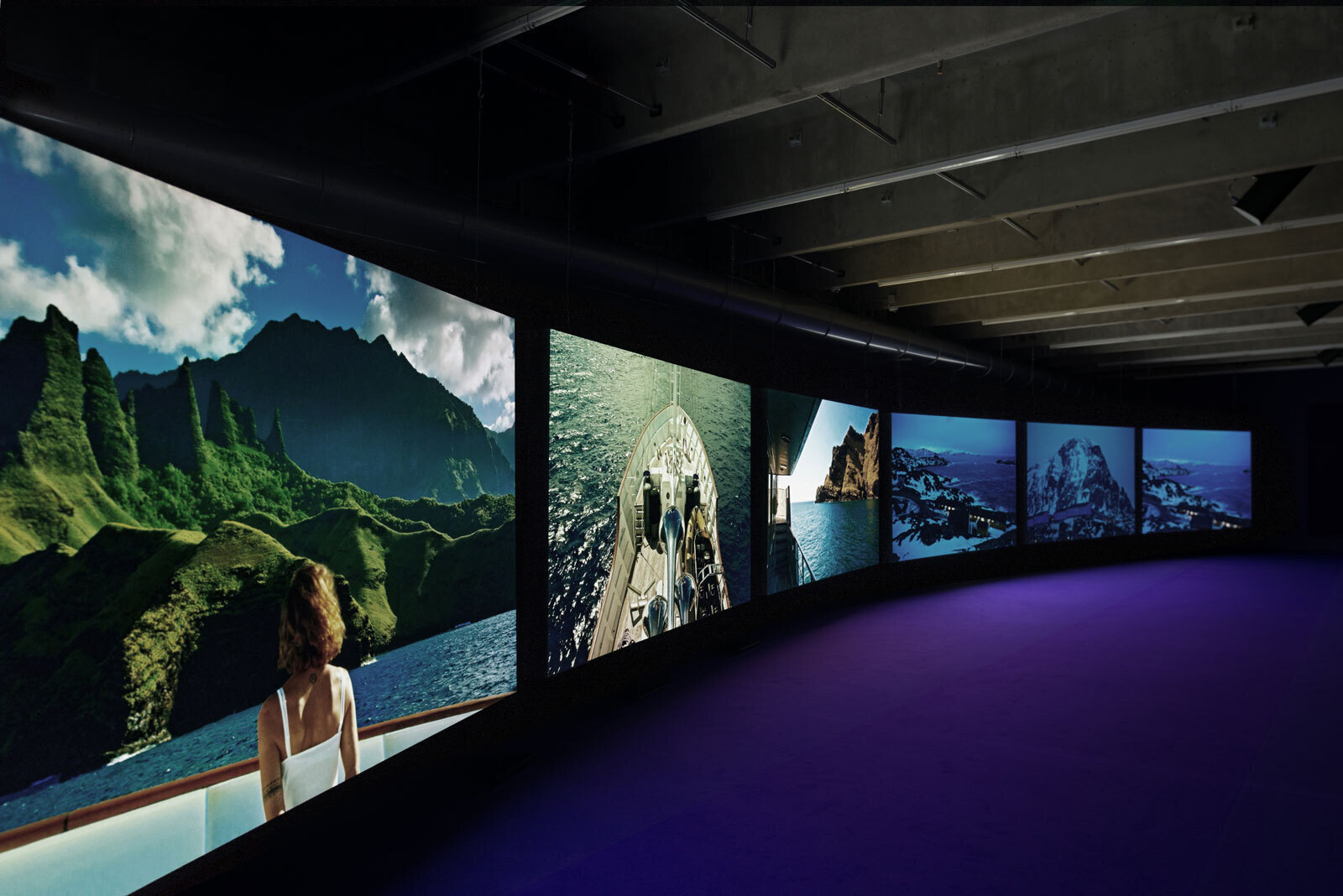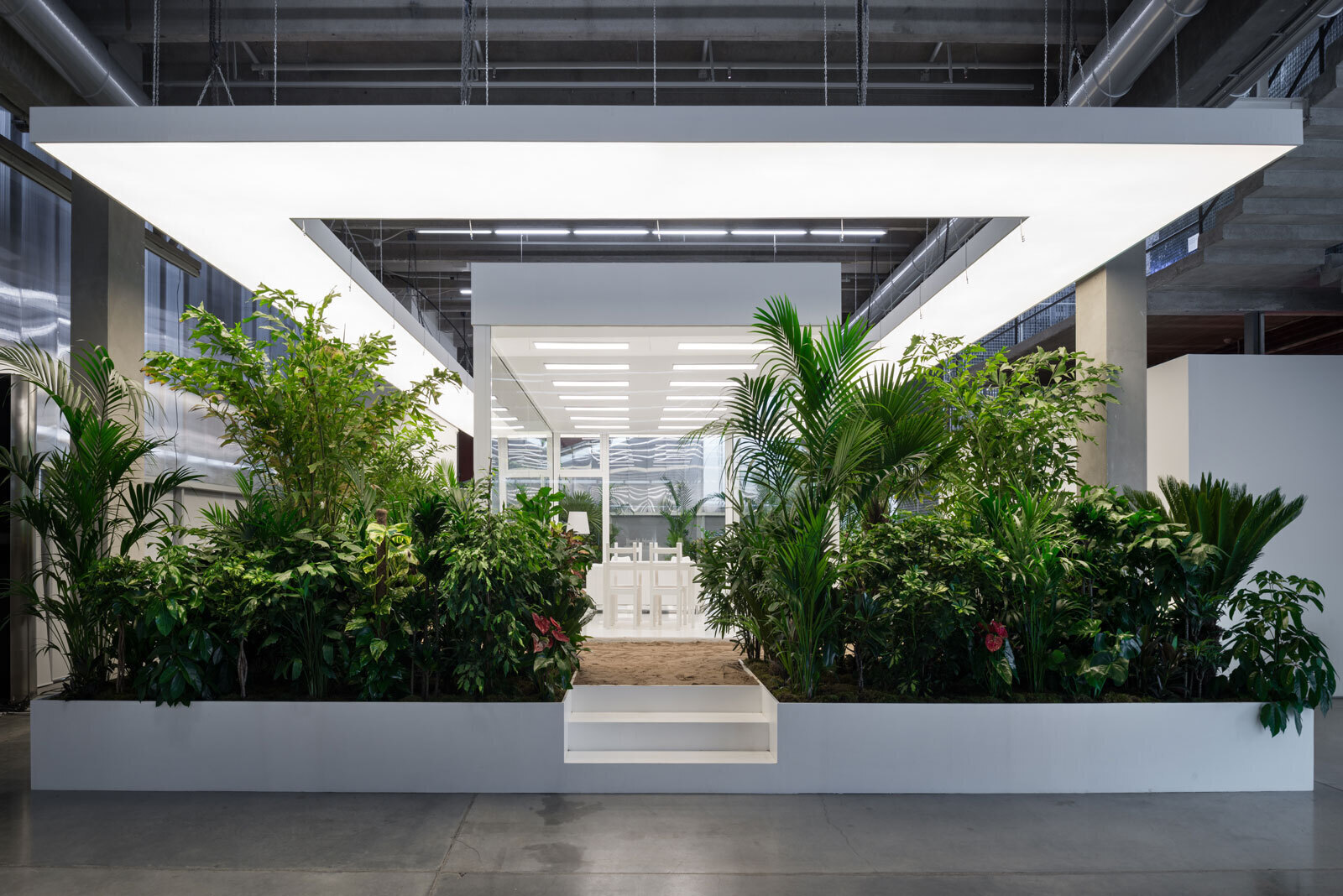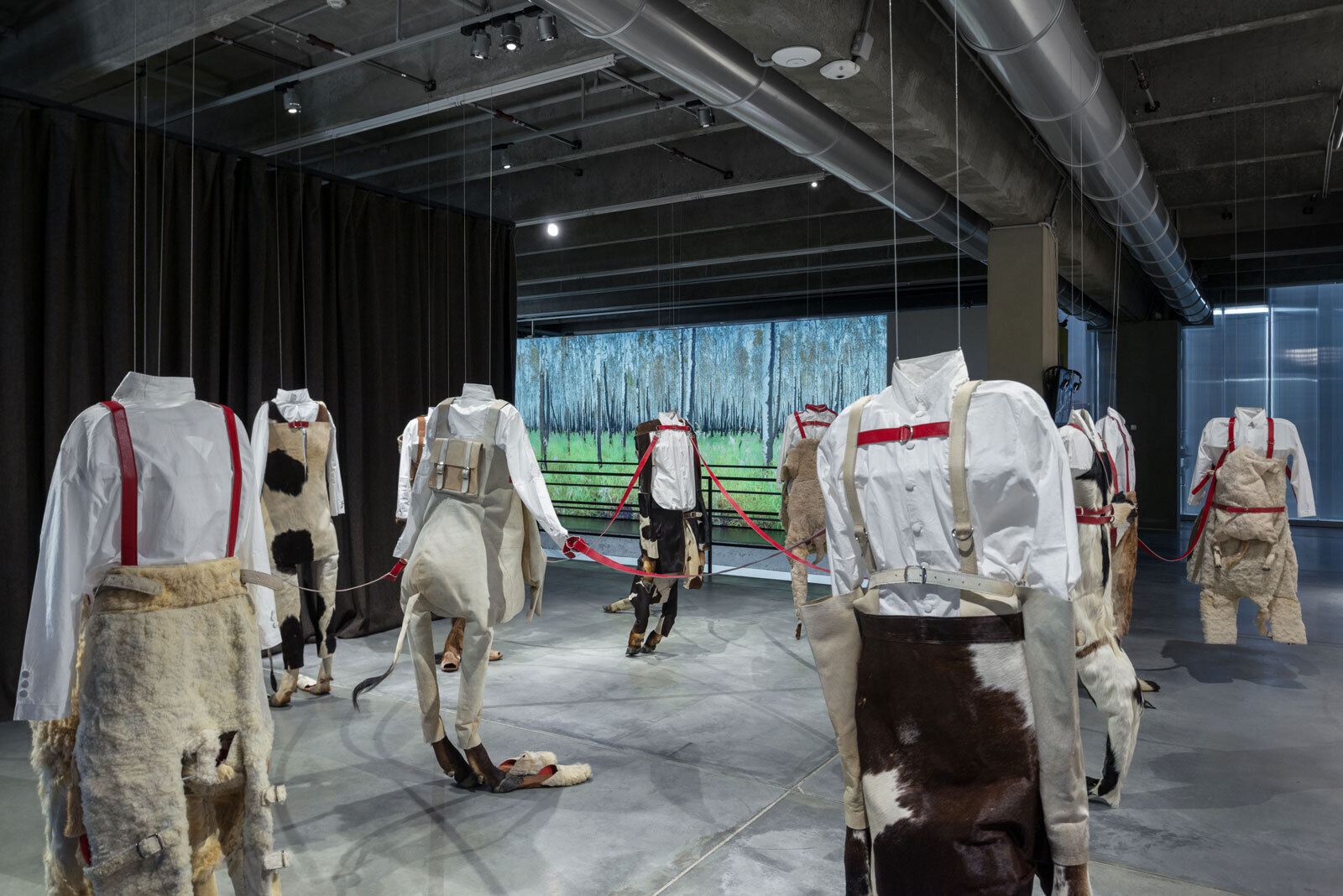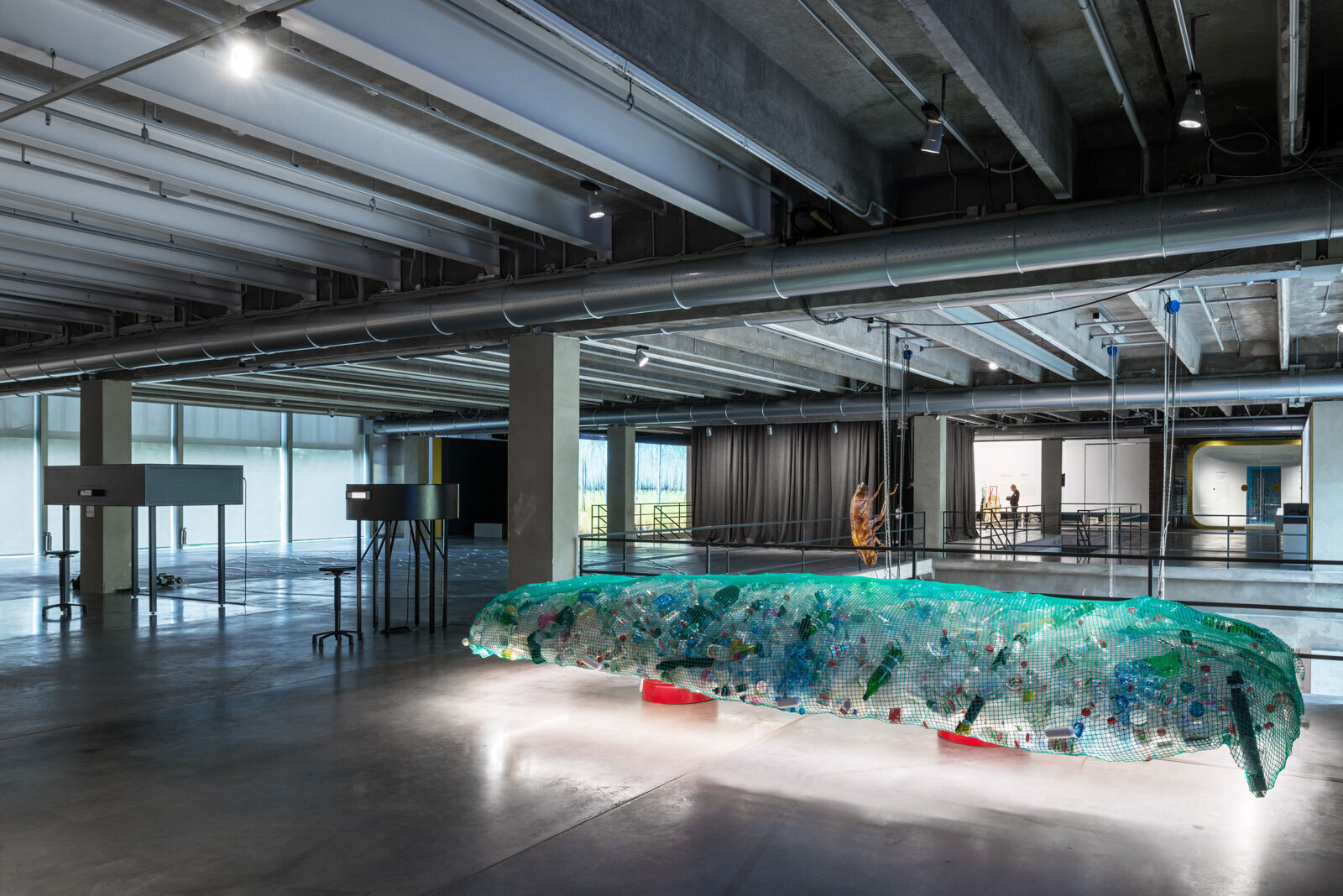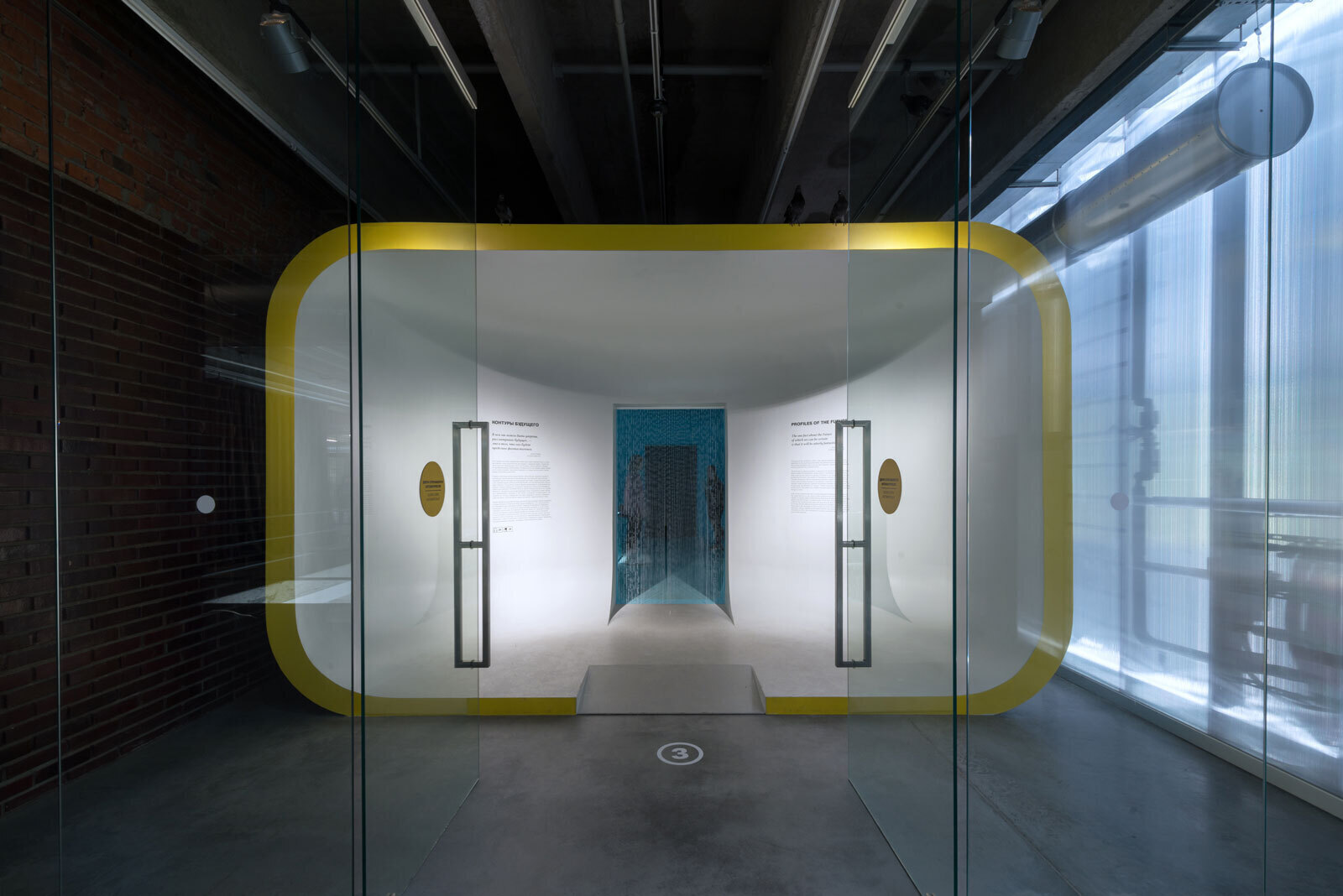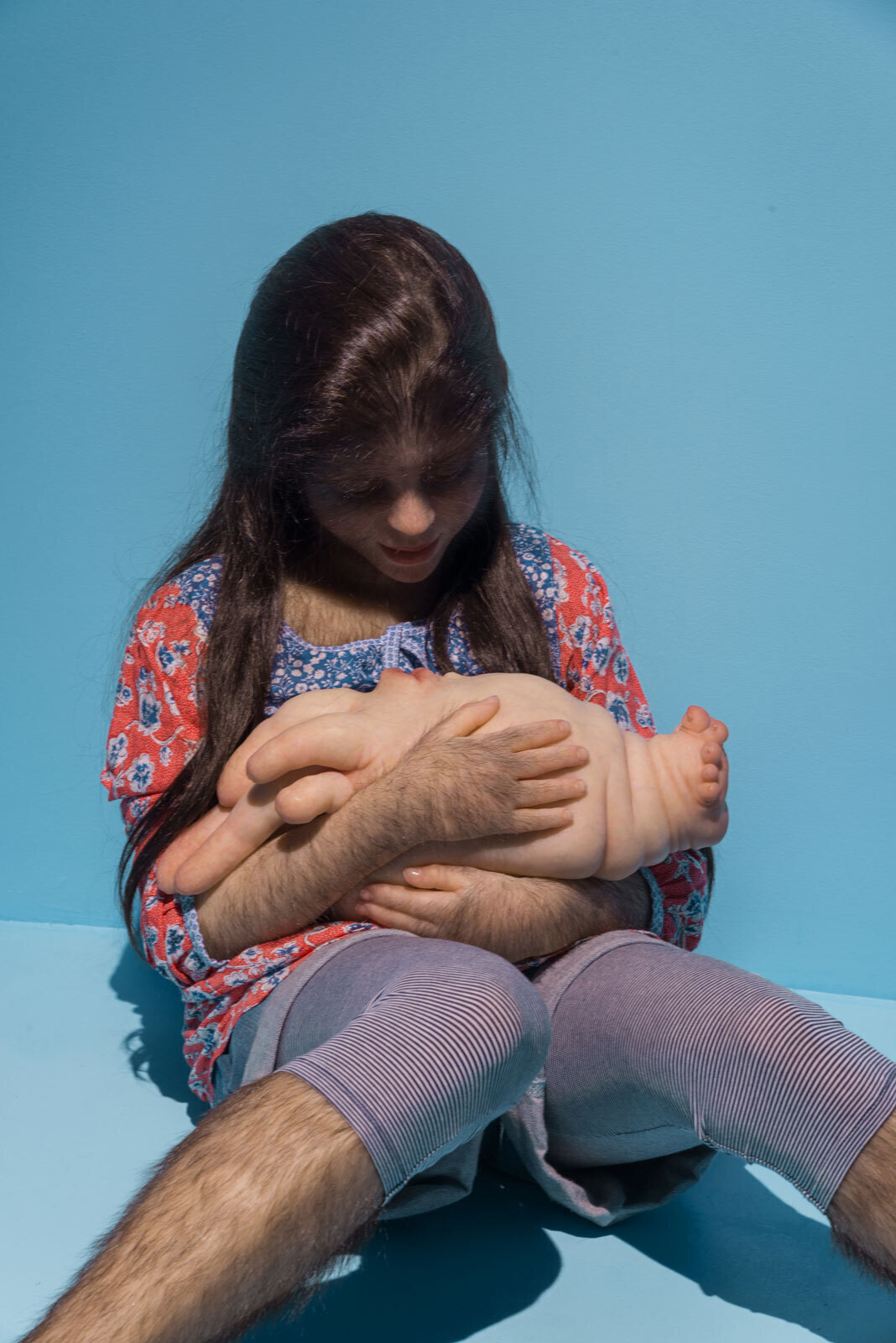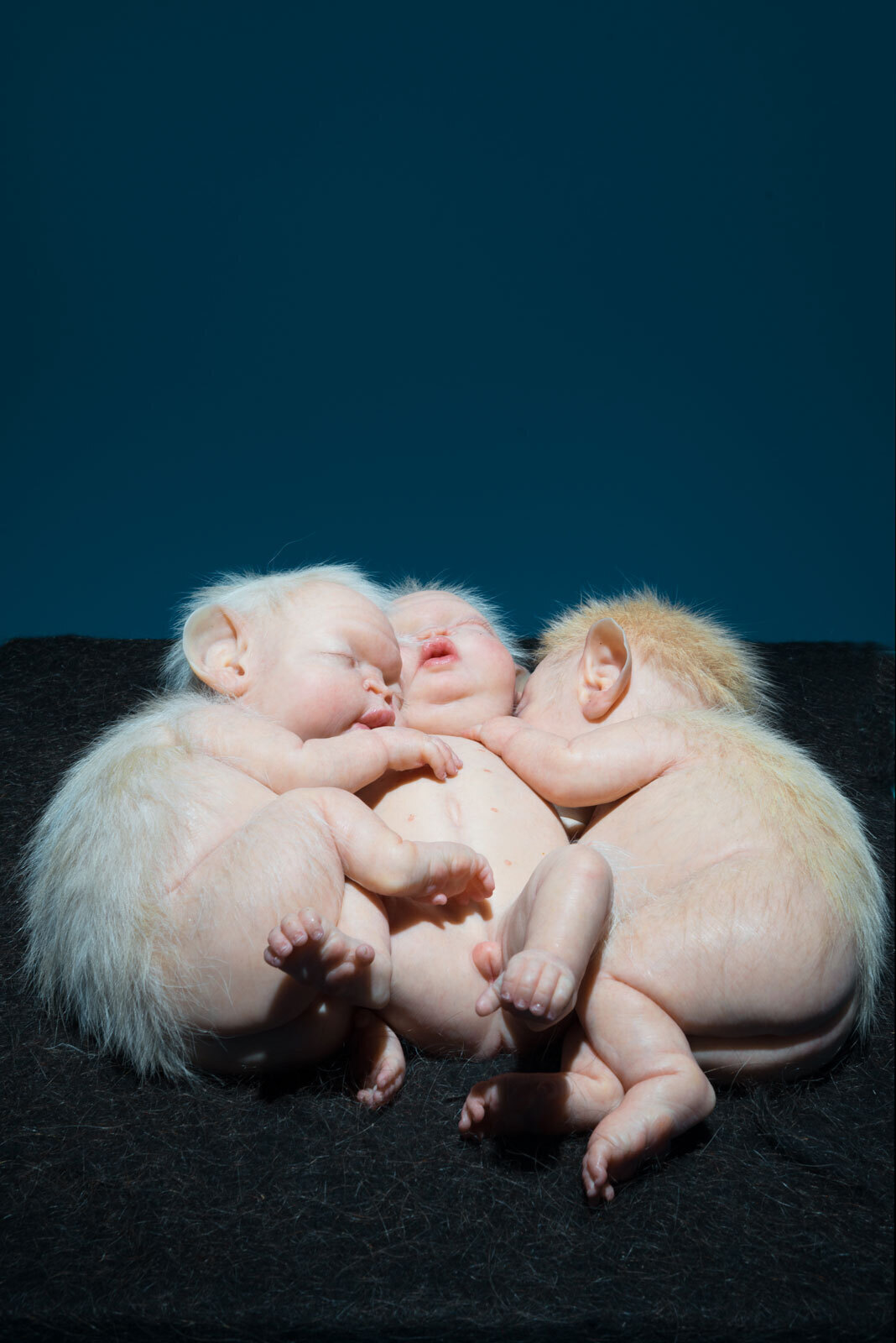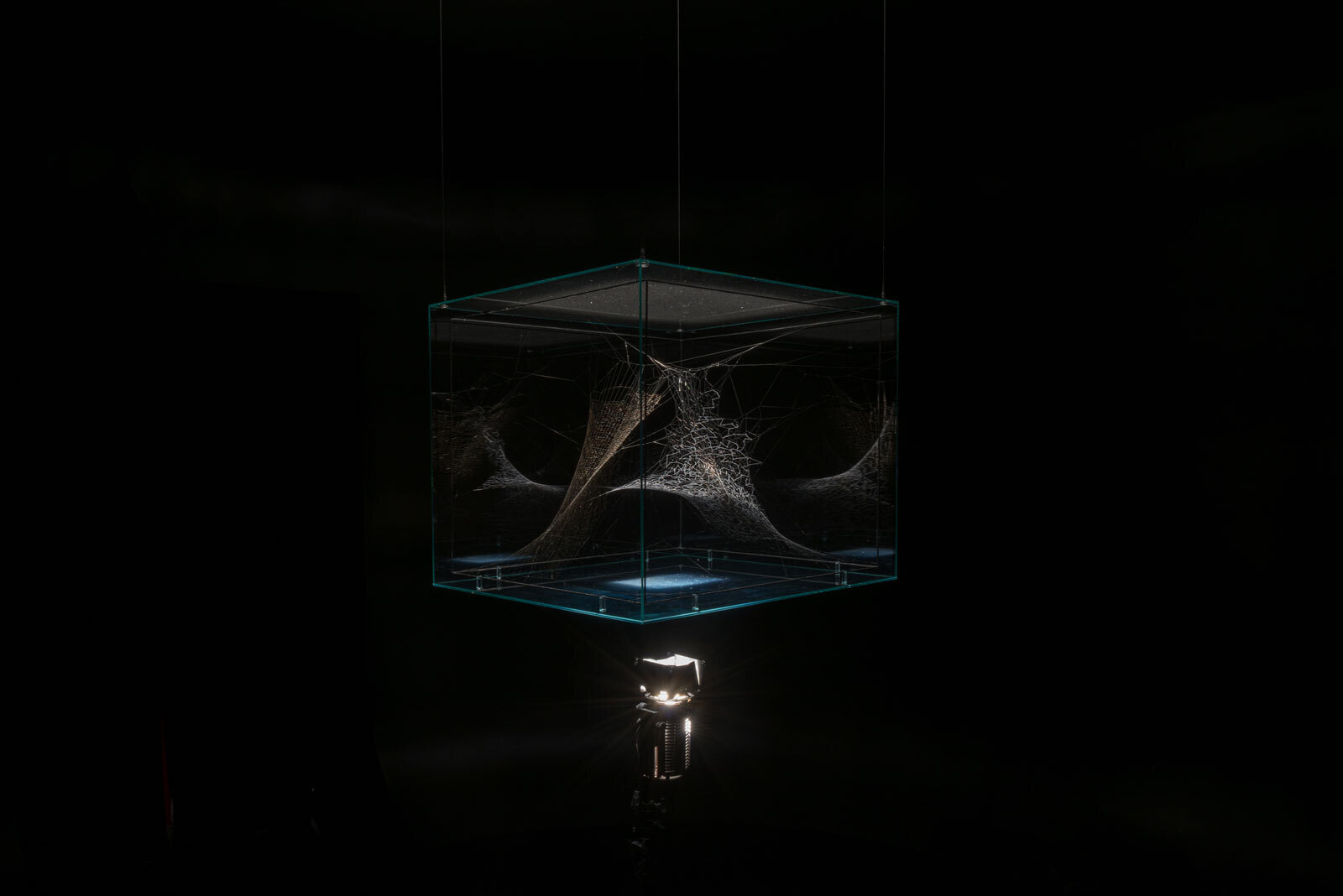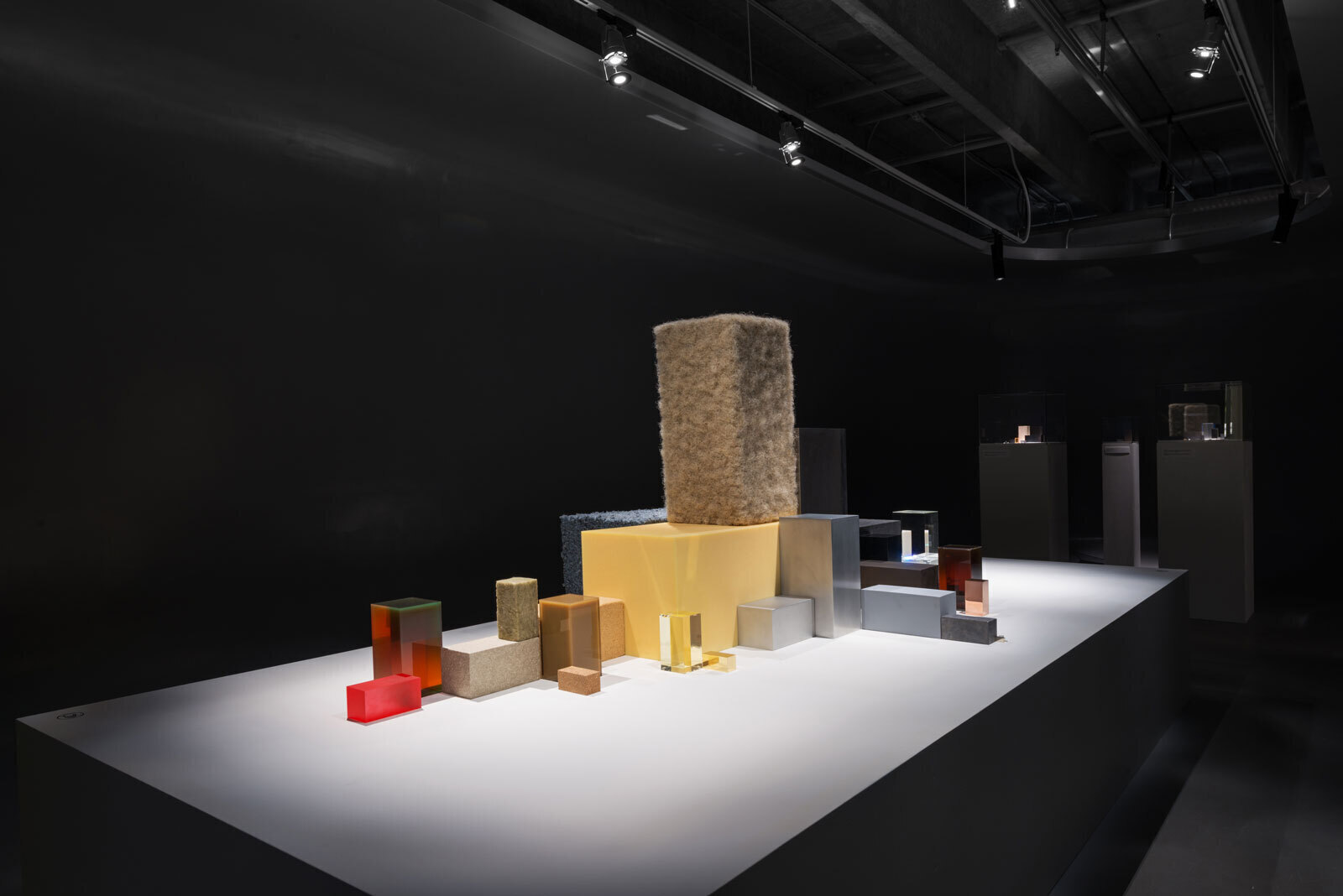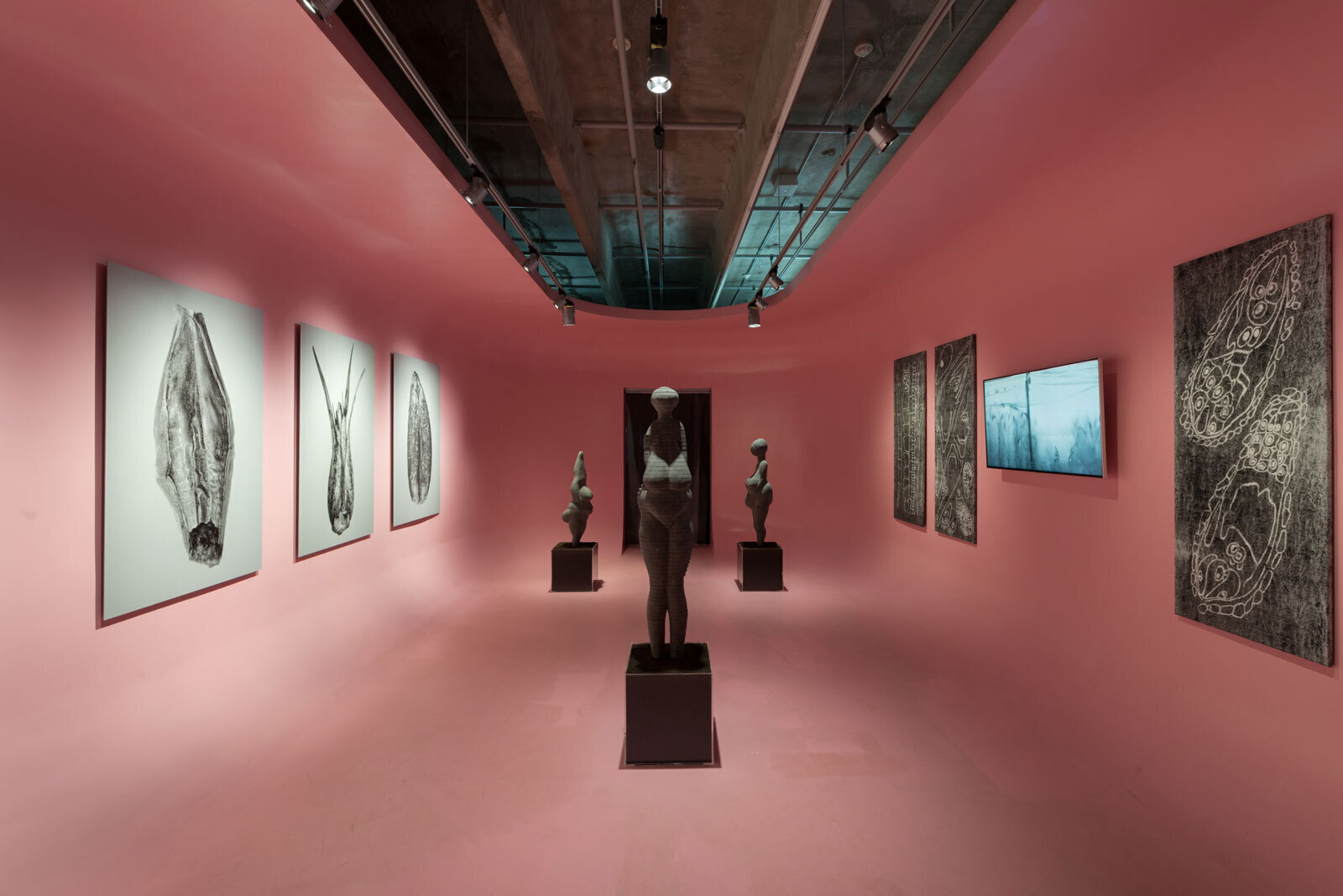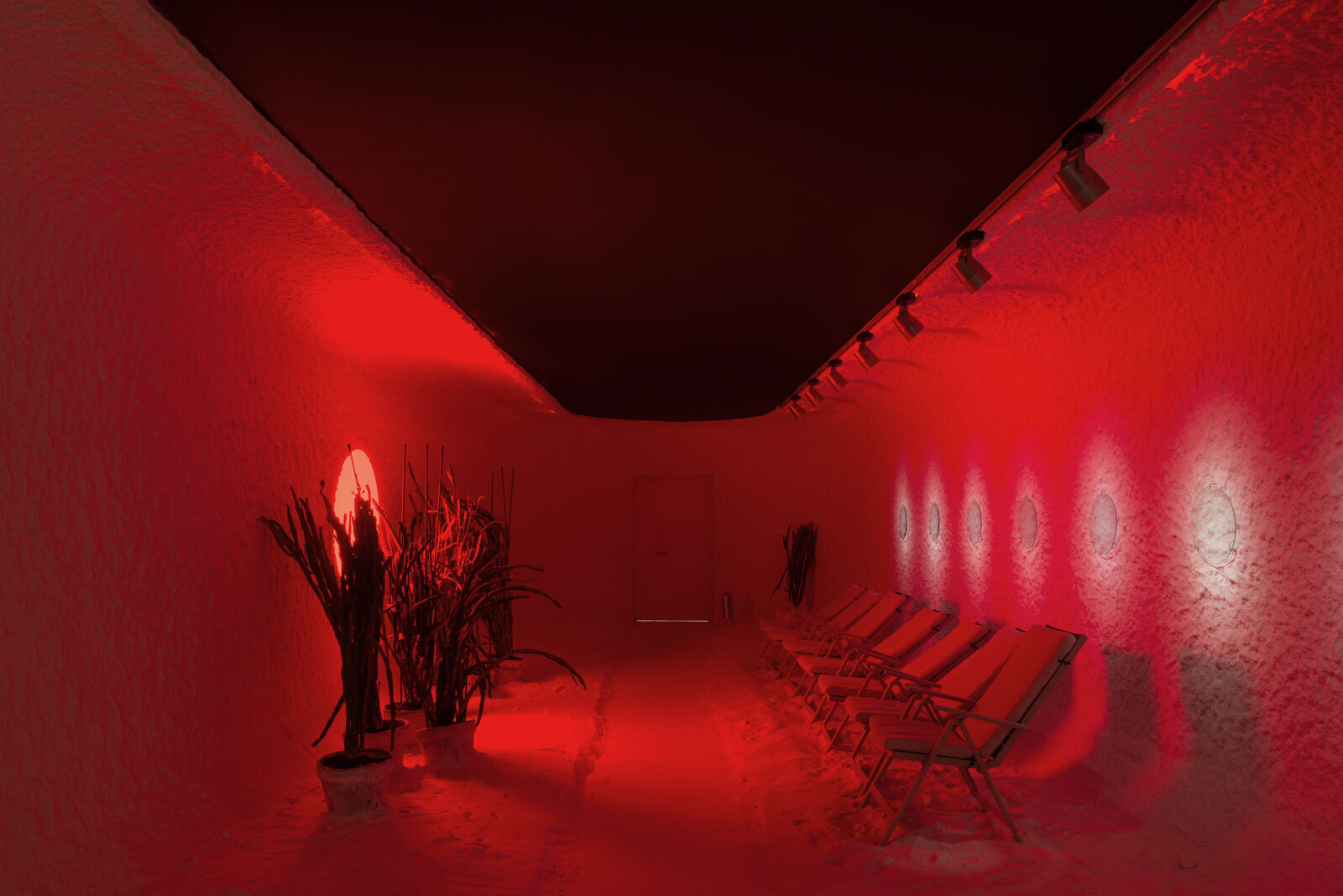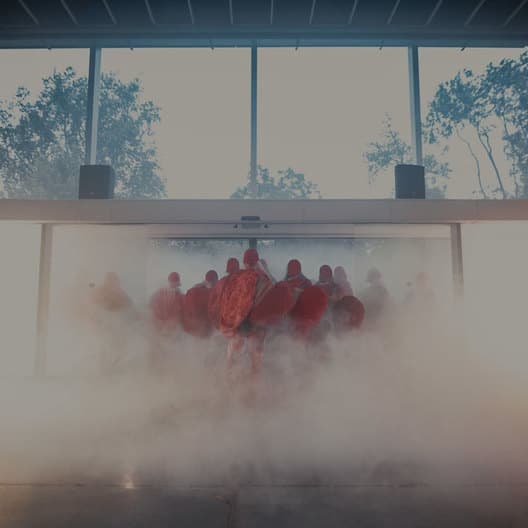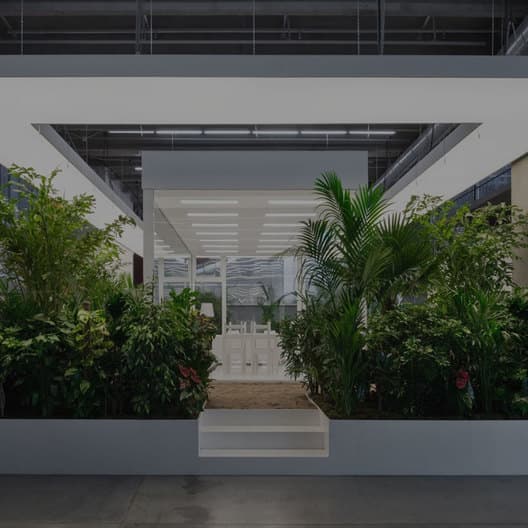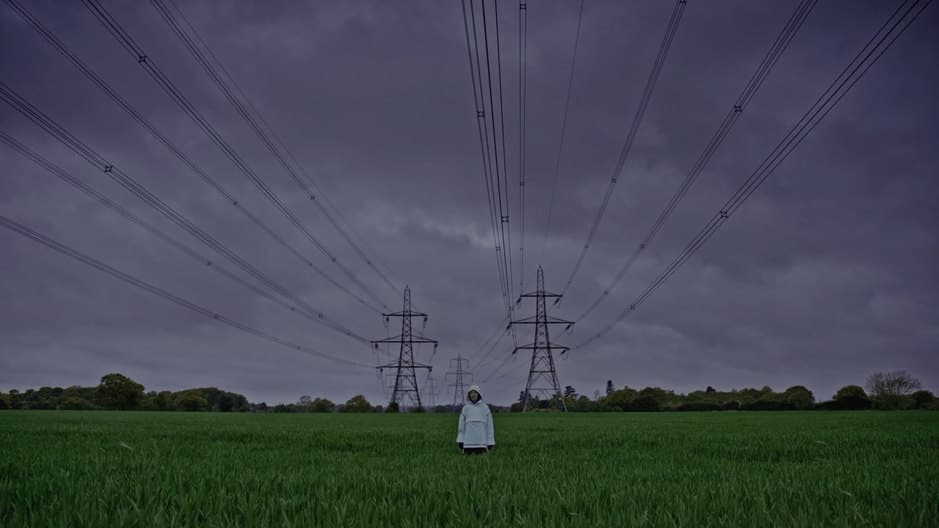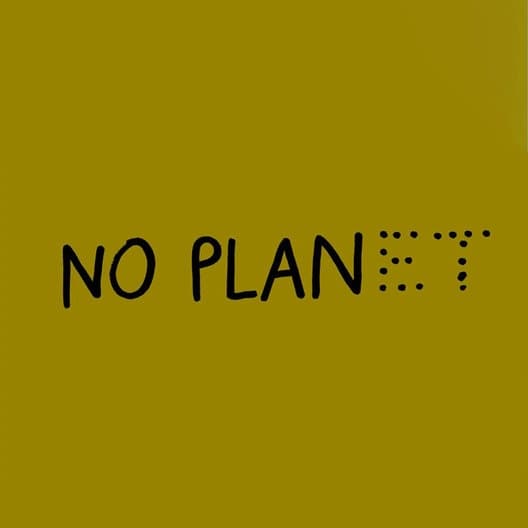Ecology is one of the few areas of life that concern all humans regardless of language, religion or nationality. We interact with our environment and affect it every day, and, sadly, humanity is the main contributor to the planet’s current environmental crisis. Each of us is free to choose whether to take responsibility for this crisis or remain uninvolved.
The aim of the public program is to present a wide spectrum of possible responsible approaches to our future through the personal choices of artists, curators, and researchers.
Several events involving exhibition participants will happen on or around the opening.
On June 28, Norwegian artist Tori Wrånes will present the site-specific performance Lips Don’t Cry as part of Garage Live. Together with an orchestra of 40 performers she will fill the Museum’s Atrium and entrance hall with sounds and turn them into the building’s “mouth” and “lungs,” inviting visitors to experience the museum as a living organism.
On June 29 and 30, Garage will run its first artist talk marathon with exhibition participants. Joseph Driessens and Maria Verstappen, Bill Fontana, Gints Gabrāns, Mella Jaarsma, Sergei Kishchenko, Anastasia Potemkina, Martin Rosengaard (Wooloo), Boryana Rossa, Tita Salina, Andreas Wolf and Florian Haas (gruppe finger), and Tori Wrånes will discuss their practice and the works presented in the exhibition, and share their views on ecology and human interactions with the environment.
John Akomfrah, Lawrence Lek, and Hayden Fowler, whose work also features in the exhibition, will give separate artist talks. Philosopher and writer Ben Woodard, author of the exhibition’s timeline, will give a lecture as part of Garage’s summer school Space and Writing: A Study on the Anthropocene.
As part of the 4th Moscow International Experimental Film Festival, Garage will award one of the films in the competition with The Coming World Prize. The winner will be selected by an international jury, including artist Lawrence Lek, and will be announced at Garage Screen summer cinema on June 14.
In September and October, Garage will run several Weekend Faculty sessions for artists, curators, critics, and researchers from Russia and the CIS. Each Faculty includes a public lecture as well as seminars and workshops. There will be a competitive selection process for participants. The Faculties will be run by Steve Kurtz (Critical Art Ensemble), Susan Schuppli, and Elin Már Øyen Vister, who will turn her course into an experimental sound project broadcast on the radio.
Summer events explore various strategies that can transform our understanding of the environment. In the run-up to the opening, starting from June 8, Garage will run eco walks with botanists, zoologists, and anthropologists, inviting visitors to explore biodiversity in Gorky Park and Neskuchny Sad.
Artist Anastasia Potemkina has developed a course on understanding and developing various aspects of perception, including synaesthesia. The course comprises several sessions and participants will be selected through an open call. A number of public classes will be open to all.
A selection of films exploring questions raised in the exhibition and presenting alternative visions of our life now and in the future life will be shown at Garage Screen summer cinema. The program includes Wild (2016), a romantic horror by Nicolette Krebitz, and Ulrich Köhler’s post-apocalyptic drama In My Room (2018).
Autumn events include a lecture by the art critic and theorist T.J. Demos on September 13.
On October 4, philosopher Timothy Morton will give a talk at Garage. Morton’s visit coincides with the release of his book Being Ecological, published as part of the Museum’s joint publishing program with Ad Marginem.
On September 13 and 14, Garage will host Art&Eco Council, an event for museum professionals to discuss the place of ecology in contemporary art and museums. Critic and theorist T.J. Demos will be both keynote speaker and moderator.
On September 7, the research platform Posthuman Studies Lab will present their program After Petropolitics: The Politics and Economics of the Coming World. Participants will discuss the end of petropolitics and look into alternative economic and political models.
On August 17, young scientists and researchers working in ecology, biology, climate studies, and related areas will talk about their work during a science slam
A number of Let’s Play Game Studies events will run alongside the exhibition’s Game Club section. Video game researchers, designers, and developers will play games like FAR: Lone Sails, This War of Mine, Turgor, Pathologic, and Botanicula.
Garage has also organized a program of events specially for children, teenagers, and family visitors. During Family Days, children aged 5+ and their parents, as well as teenagers, can take part in Project Earth, creating a catalogue of an exhibition about the current state of the planet for the galactic museum. In the Museum’s Ecopracticum workshops, young experts and representatives of student environmental initiatives will introduce visitors to the basics of recycling and sustainable development and consumption, as well as bioengineering and alternative energy solutions. Family visitors can learn more about ecology, biodiversity, and biotechnology at family lectures. Garage will also launch a weekend board game club offering visitors a selection of board games that explore post-disaster survival scenarios. Teens aged 14+ can join the Museum’s Philosophy Club, which focuses on anthropology and media ecology, and literary and cinematic works on the subjects of immortality and exploring of new worlds.
Special tours for children of various ages will run throughout the exhibition. Garage has also developed a guide game that introduces younger visitors to the works presented in the exhibition and includes a dictionary of ecology terms, as well as ideas on how to reuse the paper used in its making.
